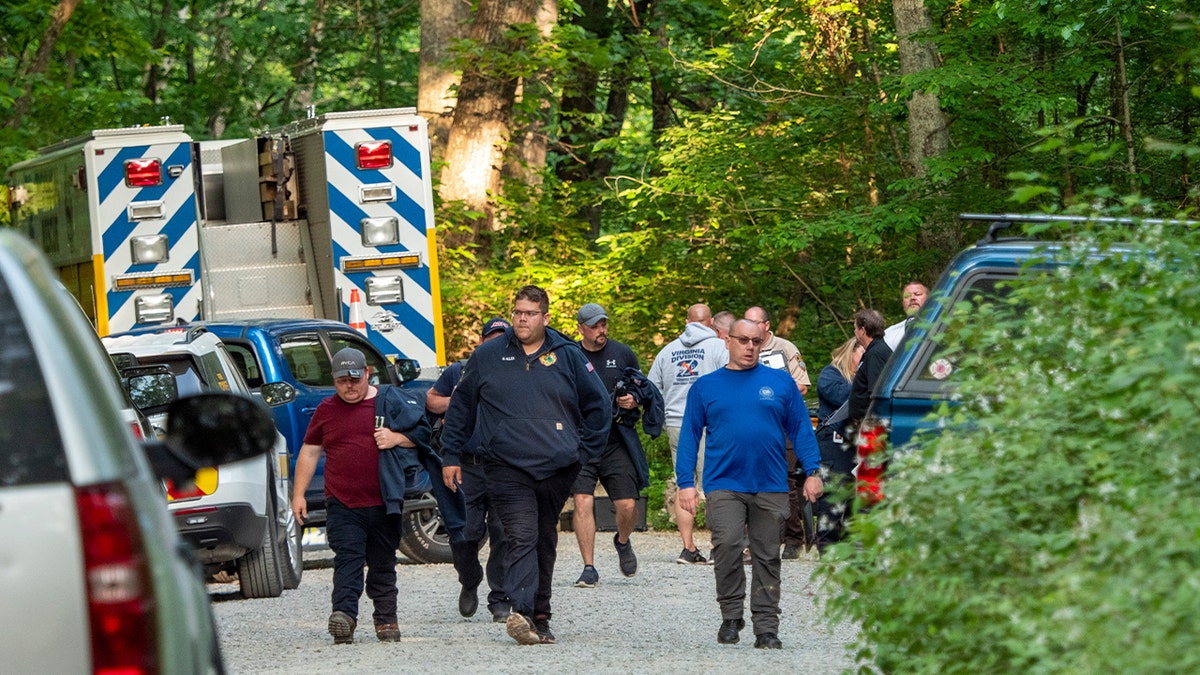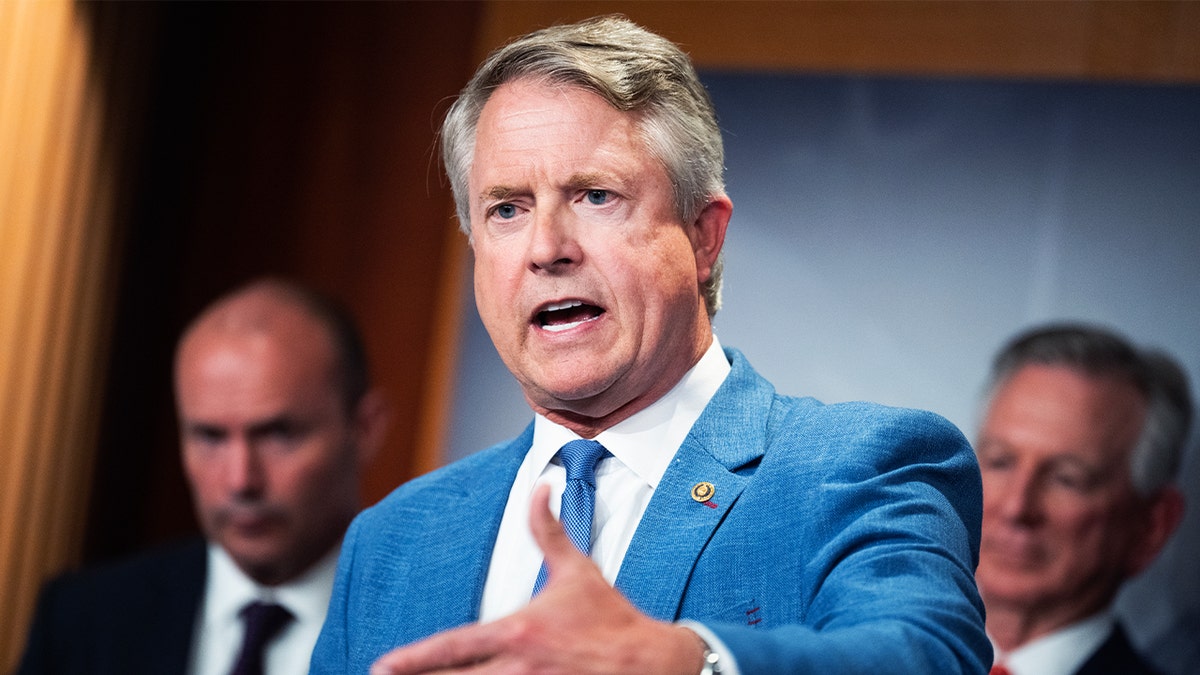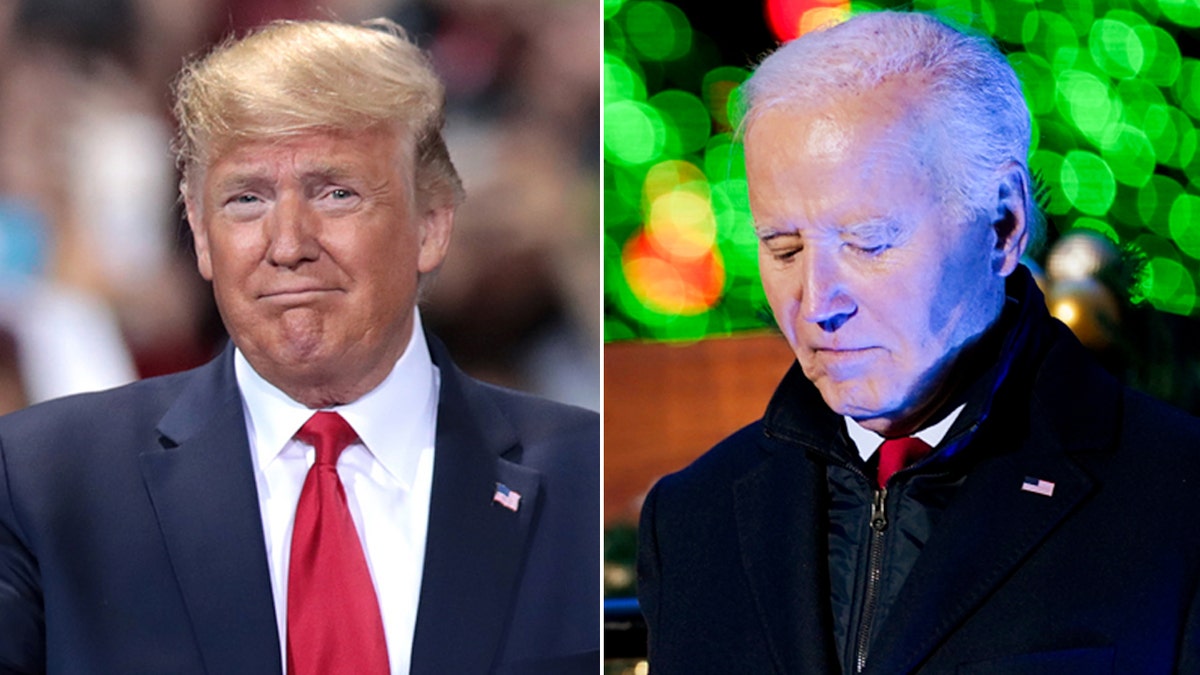Former President Trump's return to the presidency was marked by a flurry of activity, fulfilling several campaign promises through executive orders on his first day. His actions covered a wide range of issues, from immigration and energy to social issues and the aftermath of the January 6th Capitol attack.
Upon taking office, Trump immediately addressed immigration, declaring a national emergency at the southern border and deploying troops to assist immigration agents. He reinstated the 'Remain in Mexico' policy and ordered the resumption of border wall construction. An executive order aiming to end birthright citizenship for children of undocumented immigrants faced immediate legal challenges.
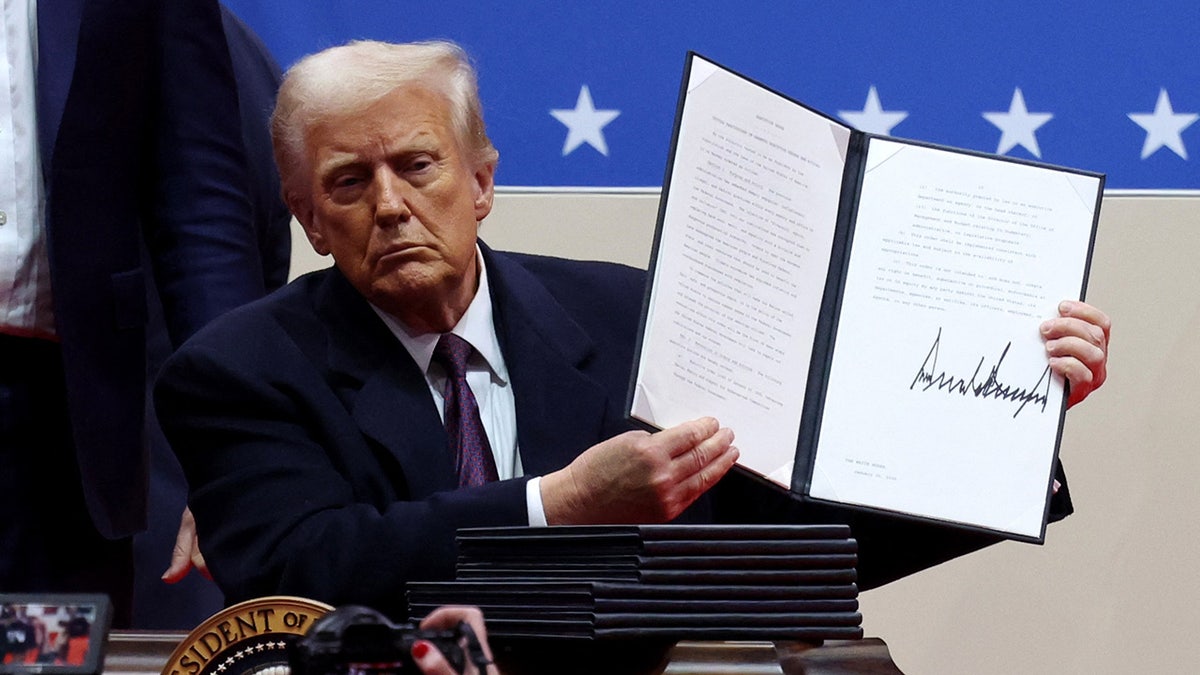
Trump also focused on energy policy, promoting domestic drilling and aiming to curb inflation. He revoked the Biden administration's electric vehicle mandate, declaring a national energy emergency.
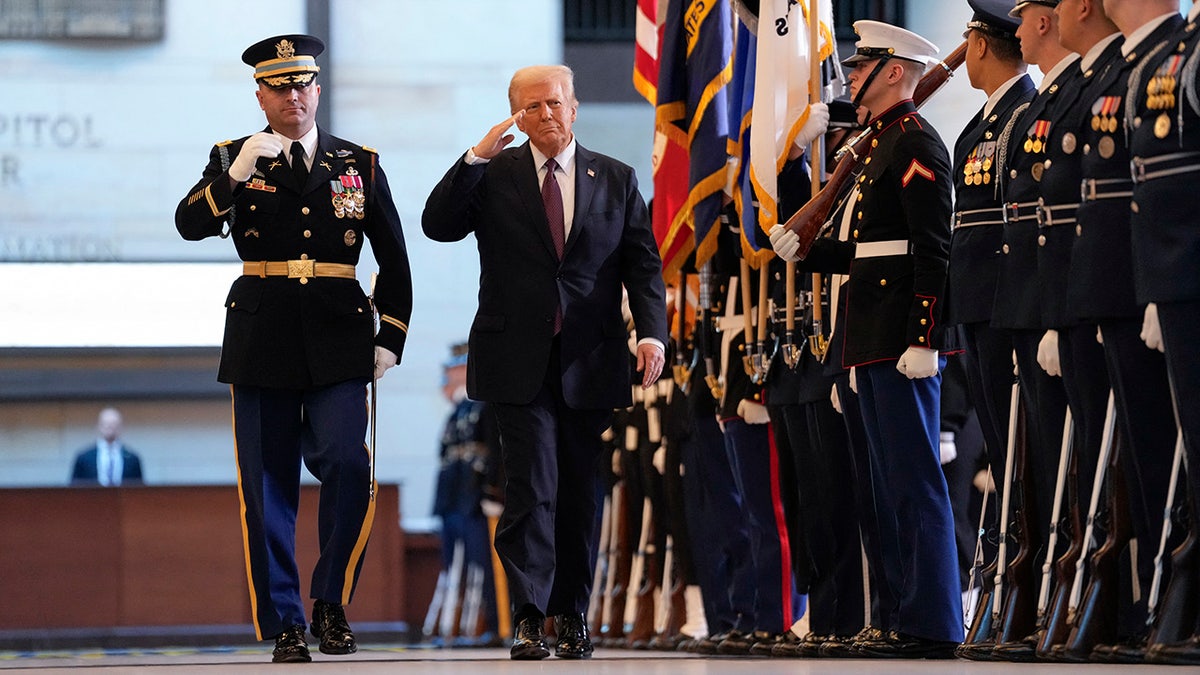
On social issues, Trump signed orders aimed at restricting transgender rights and eliminating diversity, equity, and inclusion (DEI) programs within the federal government. He declared a policy recognizing only two genders.
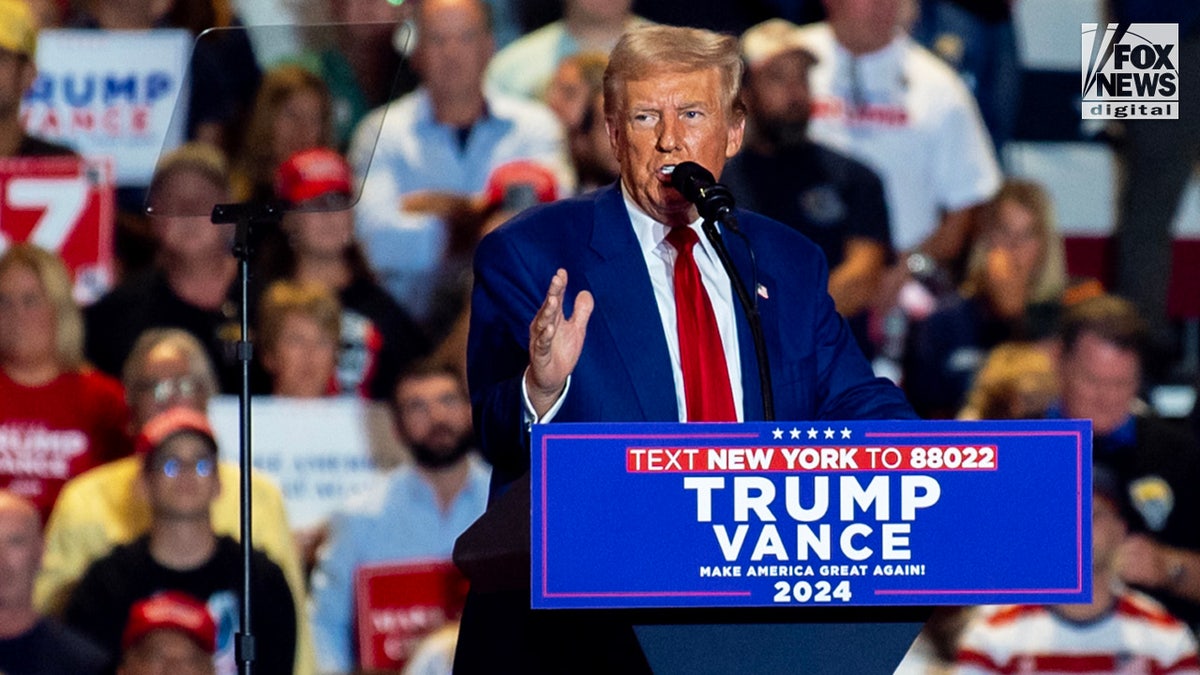
In a controversial move, Trump pardoned approximately 1,500 individuals involved in the January 6th Capitol attack, including some convicted of assaulting police officers. He defended his decision, stating that these individuals had been unfairly treated.
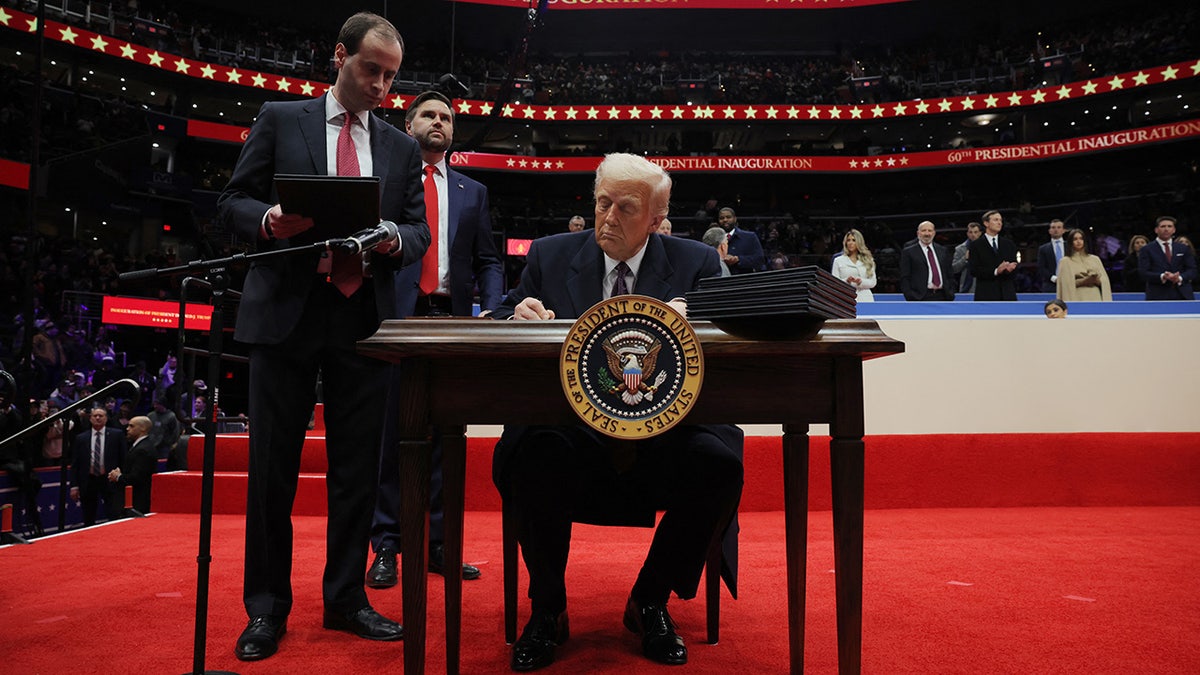
Other actions included renaming the Gulf of Mexico to the Gulf of America and restoring Mount McKinley's name to Mount McKinley.
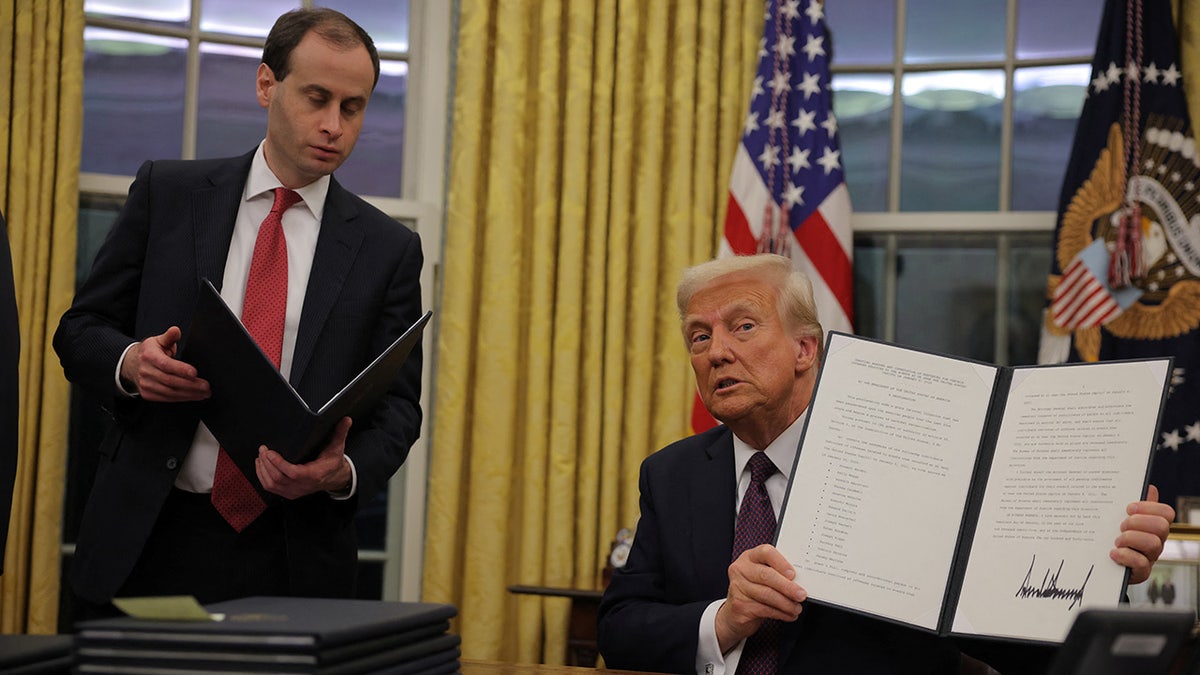
Notably absent was immediate action on his campaign promise to end the Russia-Ukraine war within 24 hours. While he expressed his desire for a swift resolution, his special envoy suggested a longer timeline of 100 days. Trump acknowledged this discrepancy, stating that his administration would work to end the conflict as quickly as possible.





